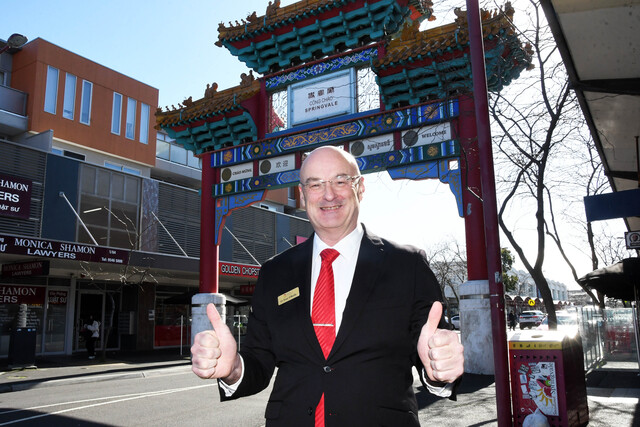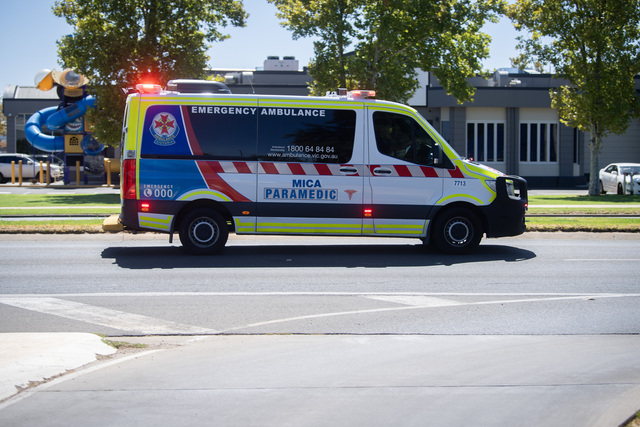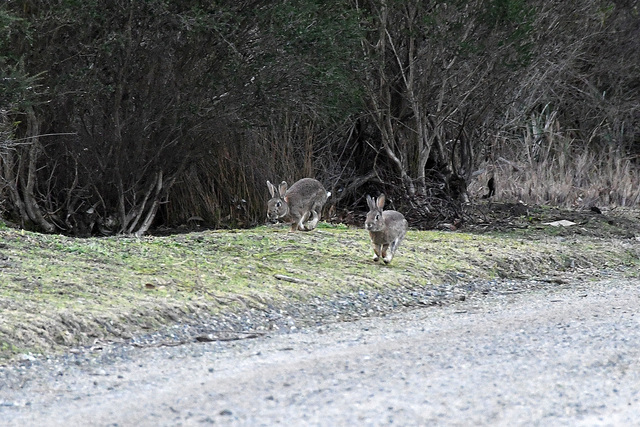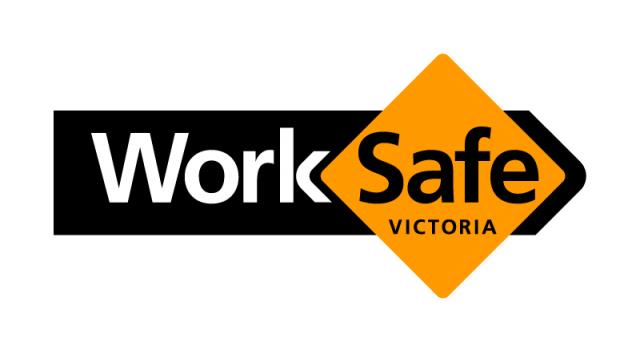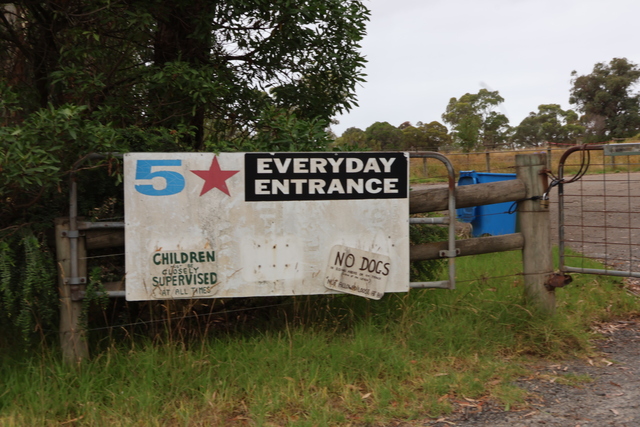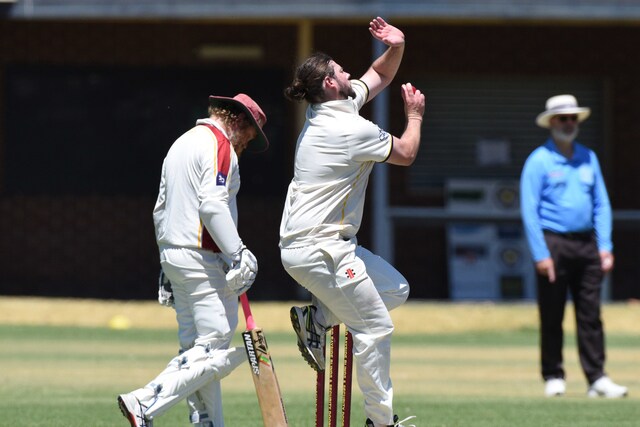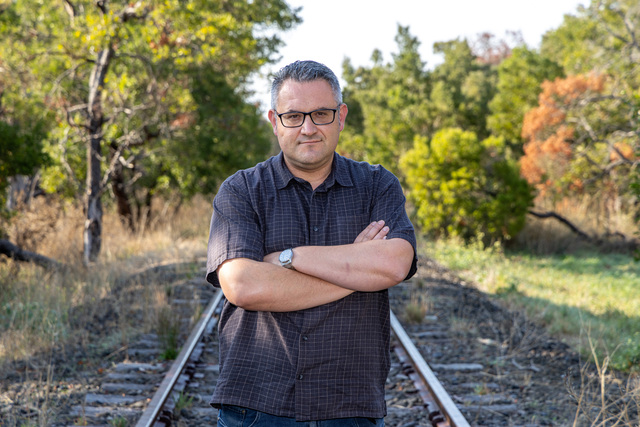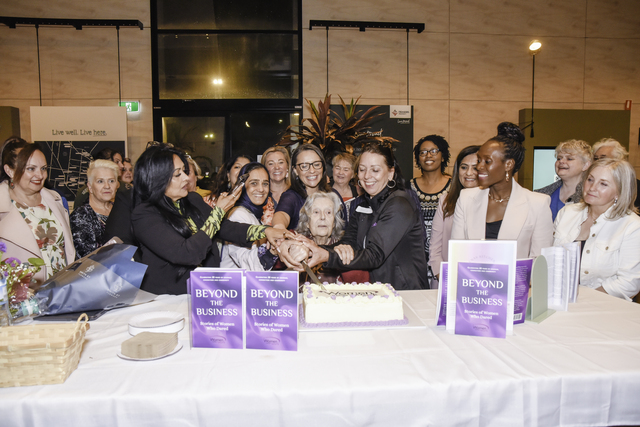 Gossip pages have been set up on Facebook targeting young people across the municipality. St John’s Regional College principal Andrew Walsh has warned students about the dangers of cyber bullying. 46260 Picture: Stewart Chambers
Gossip pages have been set up on Facebook targeting young people across the municipality. St John’s Regional College principal Andrew Walsh has warned students about the dangers of cyber bullying. 46260 Picture: Stewart Chambers
By Nicole Williams and Lia Bichel
VULGAR and malicious comments about youth across Casey and Greater Dandenong are being posted on gossip pages created on Facebook.
Hundreds of members have signed up to the gossip pages in Dandenong, Berwick and Cranbourne, which list numerous sexually explicit and offensive comments about people.
The pages welcome “friends” to send the administrator of the page comments about classmates or young locals, which are then posted anonymously on the site.
The pages are entitled Berwick-High Goss, Cranbourne Goss and one formerly known as Dandenong Goss, which has since been transformed to Oakleigh Compliments, inviting friends to send positive comments. But crude posts made before the name change remain on the page.
Cybersafety Solutions director Susan McLean said results of cyber bullying could be “catastrophic” and suicides had been linked to cyber bullying.
“It’s disgusting, and these people (running the sites) think this type of behavior is acceptable. I would question their morals, upbringing, where the hell are their parents and what sort of schooling have they had?” Ms McLean said.
“While young people may be more at risk of being cyber bullied because they are more connected to the internet, I regularly get reports of adults being cyber bullied.”
St John’s Regional College principal Andrew Walsh said cyber bullying and the gossip sites were serious issues, for schools and parents.
St John’s Regional College has had no direct links to the gossip pages and has a strict policy prohibiting Facebook at school.
“Cyber bullying across the board has become so prevalent because it is so easy to do – easy to post something hurtful or hateful anonymously and quickly send it to a whole audience of other people,” Mr Walsh said.
“It’s something that is the bane of all schools at the moment, and not just schools but parents as well.”
He said the Dandenong school was proactive in tackling issues of cyber bullying with parents, students and other schools.
“Whenever we’re aware of such issues, we’re proactive in working through with parents and students and between groups that might be at each other,” he said.
The risk with such sites was that it became easy to say offensive things because the internet felt anonymous.
“Facebook, in terms of being an unknown behind the computer, makes it very easy to say damaging things and make comments,” he said. “Facebook can be fantastic but it can be used or abused.”
Ms McLean, who is a former police officer, said it was a crime to use the internet or mobile phones to menace, harass or cause offence.
She urged anyone who had been a victim of these taunts to report it to Facebook administration and the police.
“You have to report the group, comments and everyone associated with it to Facebook,” Ms McLean said.
“It is time consuming, but that’s what (the administration) rely on. They routinely remove these sites and take their roles seriously.”
“Police also have the capability, through a process of warrants, in getting info as to who set up the site. You can not be anonymous online.”
Ms McLean said there needed to be more emphasis on cyber safety education in schools and in the community to ensure students, teachers, parents sporting clubs and local organisation understood cyber bullying and worked together to “stamp it out”.





